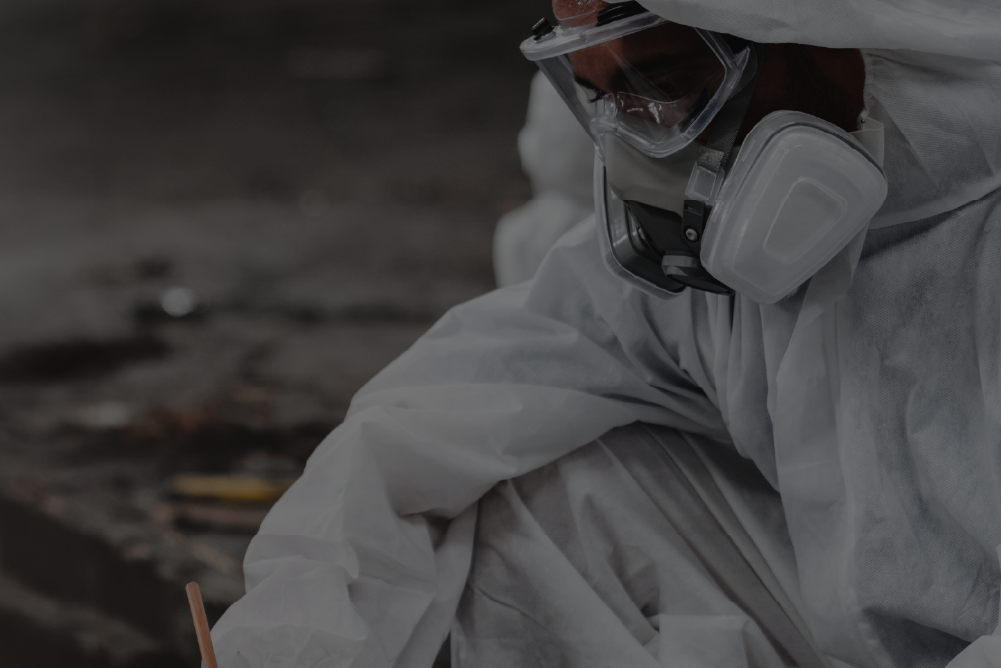For over 30 years, Galiher DeRobertis & Waxman has represented clients who have been diagnosed with mesothelioma, lung cancer, asbestosis and other asbestos-related diseases. When our clients are being treated for complex illnesses such as mesothelioma, they are treated by a team of medical professionals that may include a pulmonologist, pathologist, primary care physician, surgeon, and oncologist. More often than not, these specialists work in separate facilities and do not have immediate access to records from other members of the medical team.
Health Care Professionals Need Faster Access to Necessary Records
Effective communication between members of a medical team is critically important, especially when treating a rare disease like mesothelioma. When battling cancer or other illnesses, health care professionals need to be able to access necessary medical records quickly and efficiently. It can be frustrating for both patients and their medical team members who are forced to wait or to go through the tedious process of requesting medical records. Fortunately, the health care industry is now developing new procedures that are designed to avoid those frustrating delays by using electronic medical records.
Technology and the Future of Health Care
On January 6, 2010, Kaiser Permanente and the Department of Veterans Affairs, two of the largest health care organizations in the country, implemented a program that will allow them to share a patient’s medical records electronically. This program will facilitate the exchange of medical data between Kaiser Permanente’s “HealthConnect” system and the VA’s “Veterans Affairs Health Information Systems and Technology Architect” or VistA system. This will give medical professionals secure and instant access to information which could dramatically improve the quality of health care, and in the long run should lower cost.
This program represents the collaboration of two giants in health care services. The Veterans Health Administration (VHA) became the largest single medical system in 2003. Almost a quarter of the population is potentially eligible for these benefits, which are available to veterans as well as their family members or survivors. In 2009, the budget for the VA health system was close to $90 billion. Almost 280,000 VA employees work at medical facilities and benefit offices to coordinate the delivery of these services. Because of the number of patients it serves, the VA became one of the first entities to develop a system-wide electronic health record system that it calls “VistA.”
On the civilian side, Kaiser Permanente’s “HealthConnect” represents one of the largest employer-developed electronic health records system in the country. Over 8.6 million people are connected to their medical team and the latest medical information. Every day over 90,000 users access this system. There are 80,000 new users going on-line each month to utilize this system.
The exchange of medical records between two entities the size of the VA and Kaiser Permanente will help to eliminate the pitfalls of incomplete and unreadable records and lead to the delivery of higher quality care. If this collaboration is successful, it is likely that many other health care organizations will follow the procedure of creating electronic medical records. Better access to a patient’s medical history will lead to better care for mesothelioma patients who are being treated by a large team of specialists.






